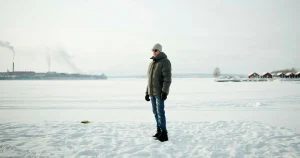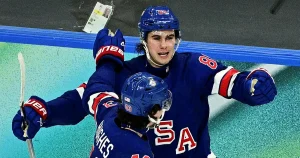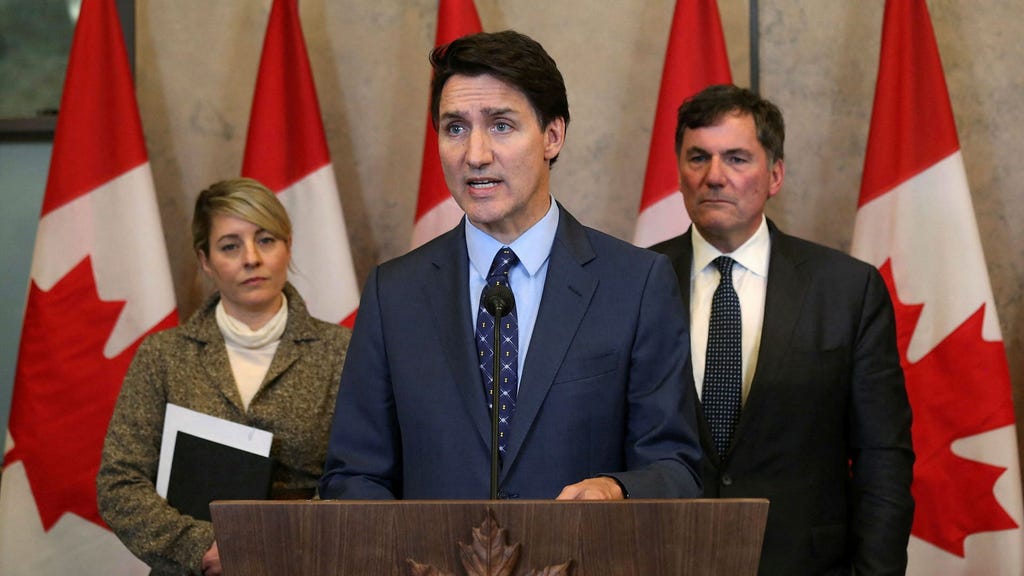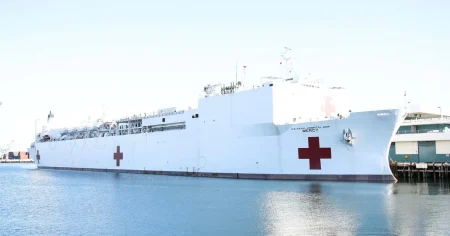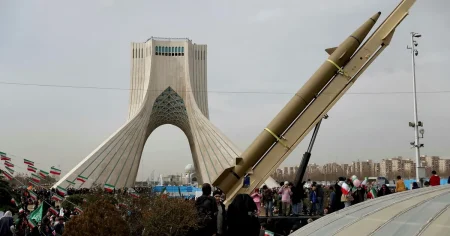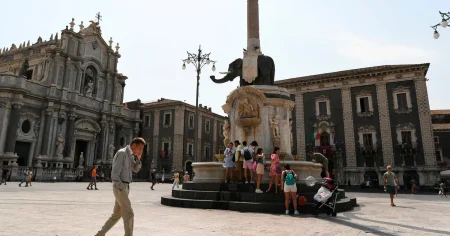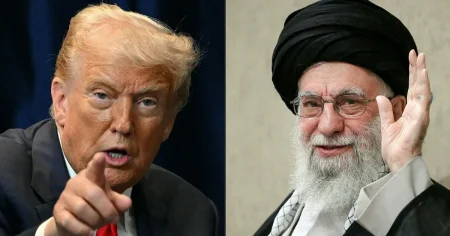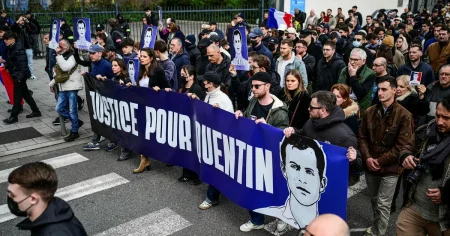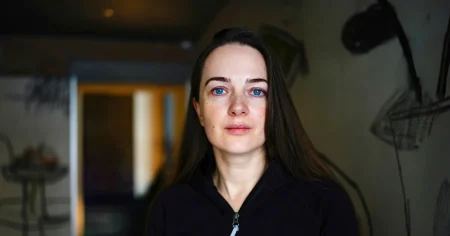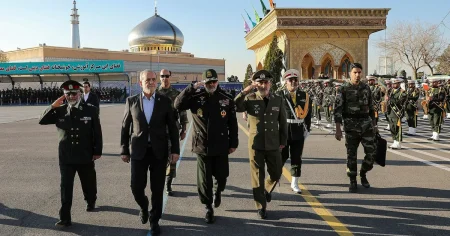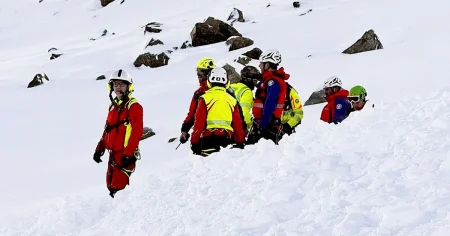The Rise and Fall of Justin Trudeau: From Global Icon to Embattled Leader
Justin Trudeau burst onto the international political scene in 2015, becoming Canada’s second-youngest prime minister at the age of 43. He was hailed as a youthful, charismatic leader, gracing magazine covers with his dreamy gaze and championing progressive ideals. His election represented a wave of optimism, particularly amongst the middle class, who saw him as a beacon of hope for the Liberal Party and the country’s future. His platform focused on addressing climate change, creating jobs, and easing the financial burden on ordinary Canadians. His early approval ratings soared to an impressive 63%, reflecting the initial widespread enthusiasm for his leadership.
Trudeau’s political journey began in 2007 with a grassroots campaign in his Montreal riding of Papineau. After becoming Liberal Party leader in 2013, he led the party to victory in the 2015 federal election. His image as a modern, forward-thinking leader was solidified by his advocacy for legalizing cannabis, further enhancing his appeal to a younger demographic. He presented himself as a family man, emphasizing his role as a father of three, and promised to deliver "real change" for all Canadians. This resonated with voters who were looking for a departure from the previous Conservative government.
However, the sheen of Trudeau’s early popularity began to fade as his administration faced a series of challenges and controversies. In 2019, the first major scandal erupted when The Globe and Mail revealed Trudeau’s alleged attempt to influence the then-Minister of Justice to intervene in a corruption case involving a Quebec-based engineering firm. While Trudeau survived the immediate fallout, with several close aides resigning, the incident marked the beginning of a decline in public trust. Subsequent controversies, including one involving a government sustainability fund marred by conflicts of interest, further eroded his image.
The COVID-19 pandemic and its economic repercussions dealt another blow to Trudeau’s standing. Rising inflation and the increasing cost of living became major concerns for Canadians, and Trudeau’s government struggled to address these issues effectively. His perceived lack of urgency and anger in response to the economic hardships faced by many Canadians contrasted sharply with the fiery rhetoric of his political opponents, further widening the gap between the prime minister and the electorate. While his government touted achievements such as the legalization of marijuana, the implementation of a national childcare program, increased child benefits, and a welcoming immigration policy, these accomplishments seemed to be overshadowed by the growing economic anxieties.
By 2023, Trudeau’s political position had become increasingly precarious. Media outlets like Politico analyzed his declining popularity and questioned his ability to connect with voters who felt he was out of touch with their struggles. The Conservative Party, led by Pierre Poilievre, capitalized on this sentiment, with Poilievre repeatedly declaring that "Canada is broken" and presenting himself as the solution to the country’s problems. Within Trudeau’s own party, dissent grew, culminating in the public calls for his resignation by over 20 Liberal MPs.
The final blow seemed to come in December 2023 with the resignation of Finance Minister Chrystia Freeland, citing irreconcilable differences with Trudeau over how to handle impending trade tariffs proposed by then-US President Donald Trump. This high-profile departure underscored the deep divisions within the Liberal Party and further weakened Trudeau’s already tenuous grip on power. By June 2024, his approval rating had plummeted to a dismal 24%, a stark contrast to the heady days of his early premiership. While Trudeau remained defiant, vowing to fight against those who sought to harm the country, his future as prime minister looked increasingly uncertain. The narrative of Justin Trudeau had shifted dramatically, from a symbol of hope and change to a leader struggling to maintain control amidst mounting challenges and dwindling support.


